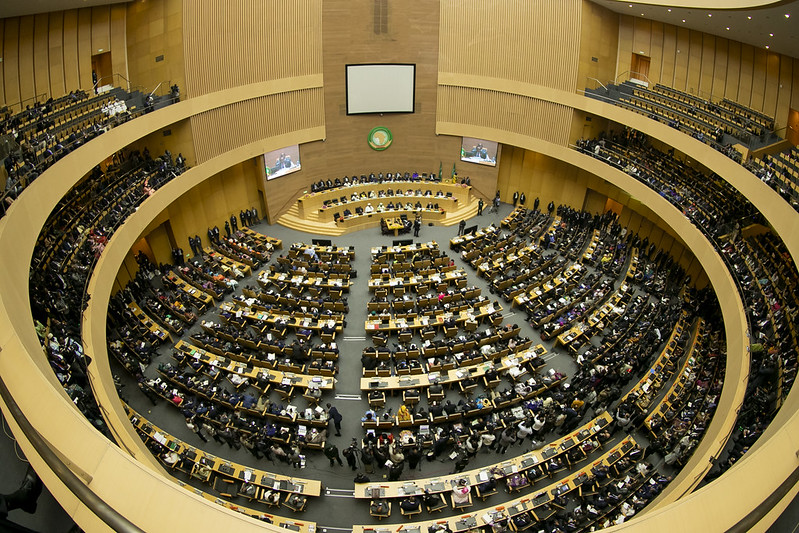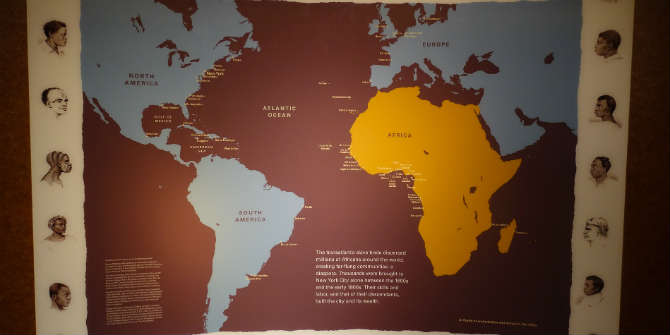Long-standing French diplomat Stephane Gompertz recently visited LSE to talk about African revolutions and political transitions: the view from Paris and put forward some thought-provoking views. He was hosted by LSE IDEAS, the School’s diplomacy and strategy research centre. Mr Gompertz is a former French Ambassador to Ethiopia and has also served in Cairo. He is currently the head of the Africa and Indian Ocean desk at the French Ministry of Foreign Affairs.
Can the revolutions of the Arab Spring spread into sub-Saharan Africa? Indeed there have already been demonstrations in Burkina Faso and clampdowns on opposition in Uganda and Zimbabwe.
French diplomat Stephane Gompertz puts forward an alternative narrative. He says that “a quiet revolution” has been taking place across the continent over the last decade. He backed up his statement with the following facts.
Gompertz noted that for the first time in history, sub-Saharan Africa is developing rapidly, although there is an economic disparity between oil-producing nations and non-oil-producing countries. He pointed out that more children are going to school than ever before and that universities are flourishing on the continent.
The massive growth in telecommunications and the internet is also a significant development, according to Gompertz. Huge numbers of internet cafes have sprouted across Africa. This is changing the way France sees development. They are now putting emphasis on growth in the private sector and job creation.
President Nicholas Sarkozy wants to help create 300,000 jobs over five years. To that end, the French government has created an investment fund of 250 million euros.
Gompertz also noted the encouraging trend of the decrease of violence. Even though bloodshed continues, great wars have ceased such as those between Eritrea and Ethiopia, the Rwandan genocide and civil wars in Burundi and the Republic of Congo. Guerrilla wars such as those in Angola and Mozambique are also on the decline.
From France’s point of view, the recent referendum on the independence of South Sudan was most encouraging. They doubted whether the referendum could take place, but it was not only successful, but peaceful. Gompertz did acknowledge that there are several issues still to be resolved if the transition is to remain calm. These include division of oil revenue and the Abyei region.
There has also been a decline in total dictatorships, although a few still remain in Eritrea, Gambia and, to a certain extent, Swaziland.
But the question remains, will this quiet revolution across the continent erupt into a thunderous roar?
Gompertz was non-committal on the issue. However, he stated that political turmoil is more likely to occur in richer, not poorer, countries. He cited Nigeria where President Goodluck Jonathan was recently elected in “more or less transparent elections”. Although Nigeria is a huge oil-producing nation, only 3% of the population benefit from the country’s oil wealth. Could that be the starting point of unrest?
On the other hand, he pointed to the ethnic divide across Africa – where many nations are divided by tribal rivalries. This is a factor, in his opinion, that makes the Arab-style uprisings less likely.
In short, his answer was wait and see.







The greatest war and revolution will not be fought with real weapon of war. It is already springing up with the internet revolution where the web 2.0 is now given power to the voiceless. It is a matter of time